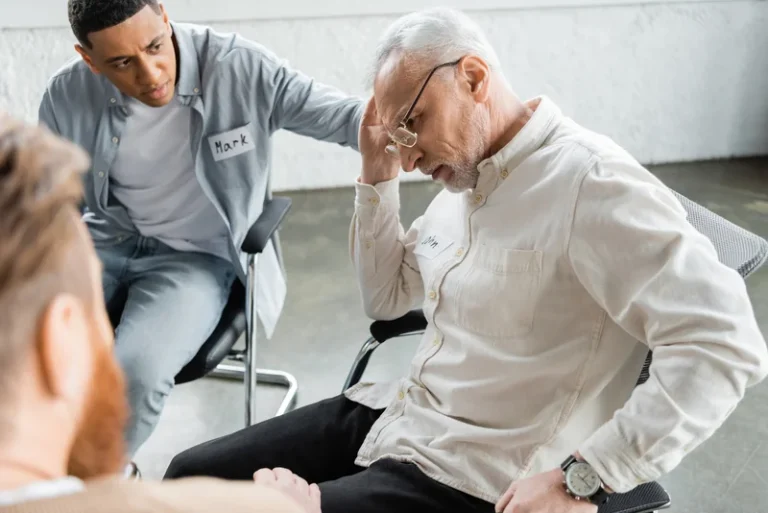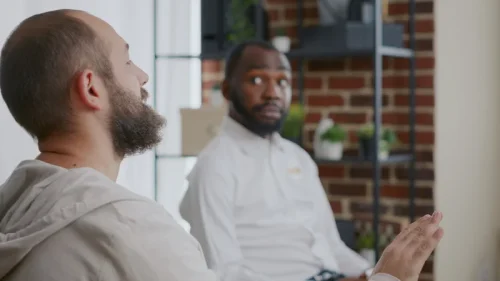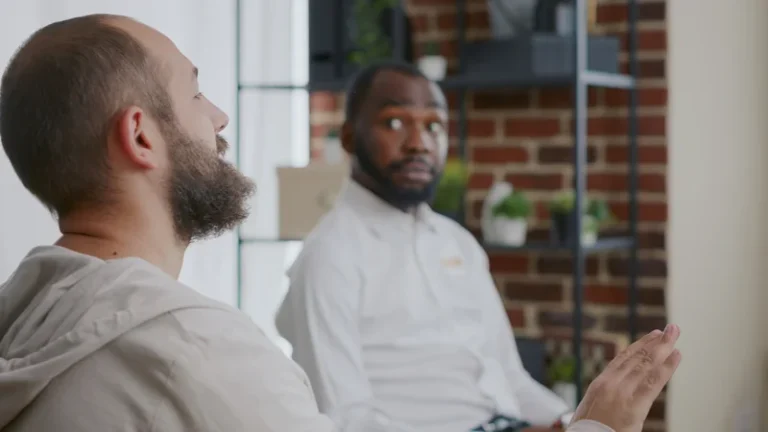
People coming with specific phobias are told to imagine their distress causing stimuli. Dipsophobia, like all other specific phobias, has no exclusive type of treatment that is specifically designed to treat it. Like every other specific phobia, Dipsophobia is a result of either genetics or a past fear of alcohol traumatic experience. When one undergoes extreme anxiety, the body experiences other physiological symptoms as well.
General Health
Like in the case of all other specific phobias, Dipsophobia too has anxiety as its focal symptom. Talk to your doctor or therapist to see if MBSR can help you to reduce the intensity of your symptoms of dipsophobia, as well as where to find MBSR programs in your area. There are many different forms of meditation that exists which can be very advantageous for someone suffering from dipsophobia. Specifically, mindfulness meditation has been shown drug addiction treatment to be quite beneficial for helping people to enter into a more equanimous state.
Why do some people feel more anxious after drinking than others?
The information on this site is for informational and educational purposes only. Our website is not intended to be a substitute for professional medical advice, diagnosis, or treatment. This type of biological treatment is usually more effective if the cause of the phobia is only genetic. In mindfulness meditation the person is told to, for example, focus on the sensations felt while breathing or the rhythm of the chest rising and falling during the process.

Anxiety May Make Your Eczema Worse
Dipsophobia is called the fear of drinking alcohol, but the actual fear experienced can have many aspects. A person may be afraid of the drink, its effect on the body, or the consequences of drinking. All these might be different phobias, but since they are all centered around alcohol and its consumption, we categorize them as dipsophobia. Dipsophobia goes beyond simply disliking alcohol or choosing not to drink. It is a debilitating condition that can significantly impact an individual’s social life and overall well-being.

Using Alcohol to Control Stress and Anxiety
- Paul is a post-graduate (MSc.) mental health psychologist with a professional Diploma in CBT.
- People who suffer from dipsophobia can experience extreme distress and panic in social situations that involve alcohol.
- Dipsophobia, like all other specific phobias, has no exclusive type of treatment that is specifically designed to treat it.
- There is not usually one certain “cause” for a phobia to present itself.
Antidepressants may be taken every day to help treat anxiety, while benzodiazepines are generally used for temporary relief from uncontrollable feelings of anxiety. Talk to your doctor to decide which type of medication is best for you. The obvious answer would be to avoid https://ecosoberhouse.com/ drinking alcohol, as many have reported that they are better able to cope with their anxiety as a result.
- The therapist then works with the individual in order for them to overcome their fear.
- Anyone experiencing anxiety-related symptoms is advised to seek professional help from a doctor who can help get their life back under control using lifestyle changes, medications, talk therapy, and coping strategies.
- Several approaches can be effective in managing dipsophobia, including talk therapy, exposure therapy, anti-anxiety medication, and developing coping strategies.
- Cultural and social factors, family upbringing, or learned behaviors can also contribute.
It is also important to note that someone who was once an alcoholic and is now sober does not by default dub them as being dipsophobia. Instead, dipsophobia is a mental disorder that is characterized by irrational thinking patterns that are out of touch with reality. Someone with dipsophobia may overreact frantically when they see someone else drinking alcohol or if they are asked to drink alcohol. Their inability to think rationally with regards to alcohol, as well as their ineptness with controlling extreme emotions may significantly impact their relationships with others. “Methyphobia is a specific phobia characterized by an intense and irrational phobia or fear of alcohol.” As a shared experience and not a formal diagnosis, there’s no set list of symptoms that define hangxiety.
Why do I experience anxiety after drinking?
Being mindful about alcohol consumption and its effects can help you cope with — or prevent — this unpleasant feeling. While we need to eat to survive, a survey performed by the CDC estimated that about one-third of Americans don’t drink alcohol. Aside from alcoholism, other reasons people may not drink include medical conditions, pregnancy, religion, culture, or just personal preference. There is, however, a severe and lesser-known concern called methyphobia, which may be the reason.
- Here are Methyphobia consultants, Specialist Doctors, or Therapists who can help you to overcome your fear of alcohol.
- It is often used to treat people suffering from borderline personality disorder.
- If you have a history of anxiety or mental disorders, make sure to share this with your healthcare provider so you know how alcohol or other substances may affect you differently.
Virtual Reality-Based Cognitive Behavioral Therapies

According to the BBC, all of those mouth-watering social media posts from our “friends” (or whoever the algorithm deems is important to us) affect what we want to eat and cook. Find out if you have an internal or external sense of control in influencing your life outomes with the Locus of Control Quiz here. To ensure optimal cognitive performance, restrict caffeine consumption and consume a nutritious diet composed of fruits, vegetables, and lean proteins. However, these drugs/medicines are not to be taken without a doctor’s prescription or consultation. Drugs are very quick in effectiveness, as they start showing progress in the patients’ health at least 2 weeks after the medicine is taken. This distracts the person’s attention from something stressful to something which is neutral and soothing.

Coping Mechanisms for Anxiety
During Stress Awareness Month or any time of the year, exploring natural stress relief through various activities and environments that promote mental well-being can offer much-needed calm in… If you really don’t want to abstain, then Calmer You has uncovered some small but powerful strategies to help when you are going to drink. These include recommendations from endurance athlete and health expert, Mark Sissons. If you believe you or someone you love has anxiety that gets worse with alcohol use, you or your loved one can take steps to treat their anxiety and cut down or stop drinking. Having a substance use disorder can also increase the chance of having an anxiety disorder.